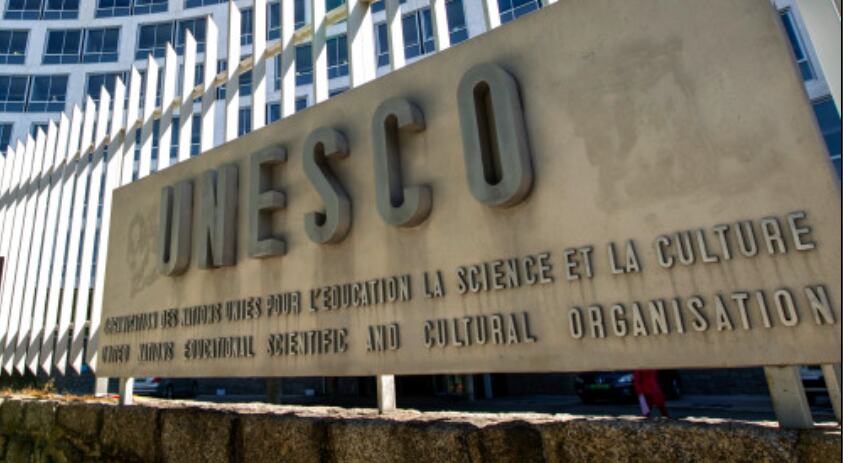US Rejoins UNESCO After 17-Year Absence
After an absence of 17 years, the United States has re-joined the United Nations Educational, Scientific and Cultural Organization (UNESCO). On Friday, 132 countries voted in favour of the US proposal to rejoin UNESCO, and only 10 countries voted against. The US Secretary of State, Antony Blinken, said the vote would “restore US leadership on a host of issues of importance and value to the American people”. The US had first withdrawn from UNESCO in 1984 under the Reagan administration, citing mismanagement, corruption and Soviet influence.
After an absence of 17 years, the United States has re-joined the United Nations Educational, Scientific and Cultural Organization (UNESCO). On Friday, 132 countries voted in favour of the US proposal to rejoin UNESCO, and only 10 countries voted against. The US Secretary of State, Antony Blinken, said the vote would “restore US leadership on a host of issues of importance and value to the American people”. The US had first withdrawn from UNESCO in 1984 under the Reagan administration, citing mismanagement, corruption and Soviet influence.
It was not until 2003, under the George W Bush presidency, that the US rejoined the organisation. However, in 2017 the administration of former President Donald Trump announced the US would again withdraw from the organisation, this time citing anti-Israel bias. The Joe Biden administration had applied to rejoin UNESCO in June this year, primarily due to its concerns over China filling the gap left in the US absence. UNESCO plays a major role in setting international standards for artificial intelligence and technology education around the world.
The US decision to rejoin UNESCO is not without controversy. The US and Israel stopped financing UNESCO after it voted to include Palestine as a member state in 2011. Palestinians claim the West Bank, East Jerusalem and Gaza Strip — territories captured by Israel in the 1967 Middle East war — for an independent state. Israel says the Palestinians’ efforts to win recognition at the UN are aimed at circumventing a negotiated settlement and are meant as pressure for concessions.
In addition to Russia, North Korea and the Palestinians, other countries that voted against readmitting the US were Belarus, China, Eritrea, Indonesia, Iran, Nicaragua and Syria. The US decision to rejoin UNESCO will require considerable financial investment. The Biden administration has requested $150m from the 2024 budget to go towards UNESCO dues and arrears.
The plan foresees similar requests for the ensuing years until the full debt of $619m is paid off. That makes up a big chunk of UNESCO’s $534m annual operating budget. Before leaving, the US contributed 22 percent of the agency’s overall funding. For Secretary of State Antony Blinken, the decision to rejoin UNESCO marks a momentous opportunity for the US to restore its leadership on a range of issues, and to become a major player in shaping international standards for artificial intelligence and technology education.
However, the decision remains a contentious one, as it is likely to further worsen US-Israel relations due to the ongoing Palestinian conflict. Nevertheless, the US is no doubt ready to re-engage with UNESCO and to tackle the challenges and opportunities ahead.




